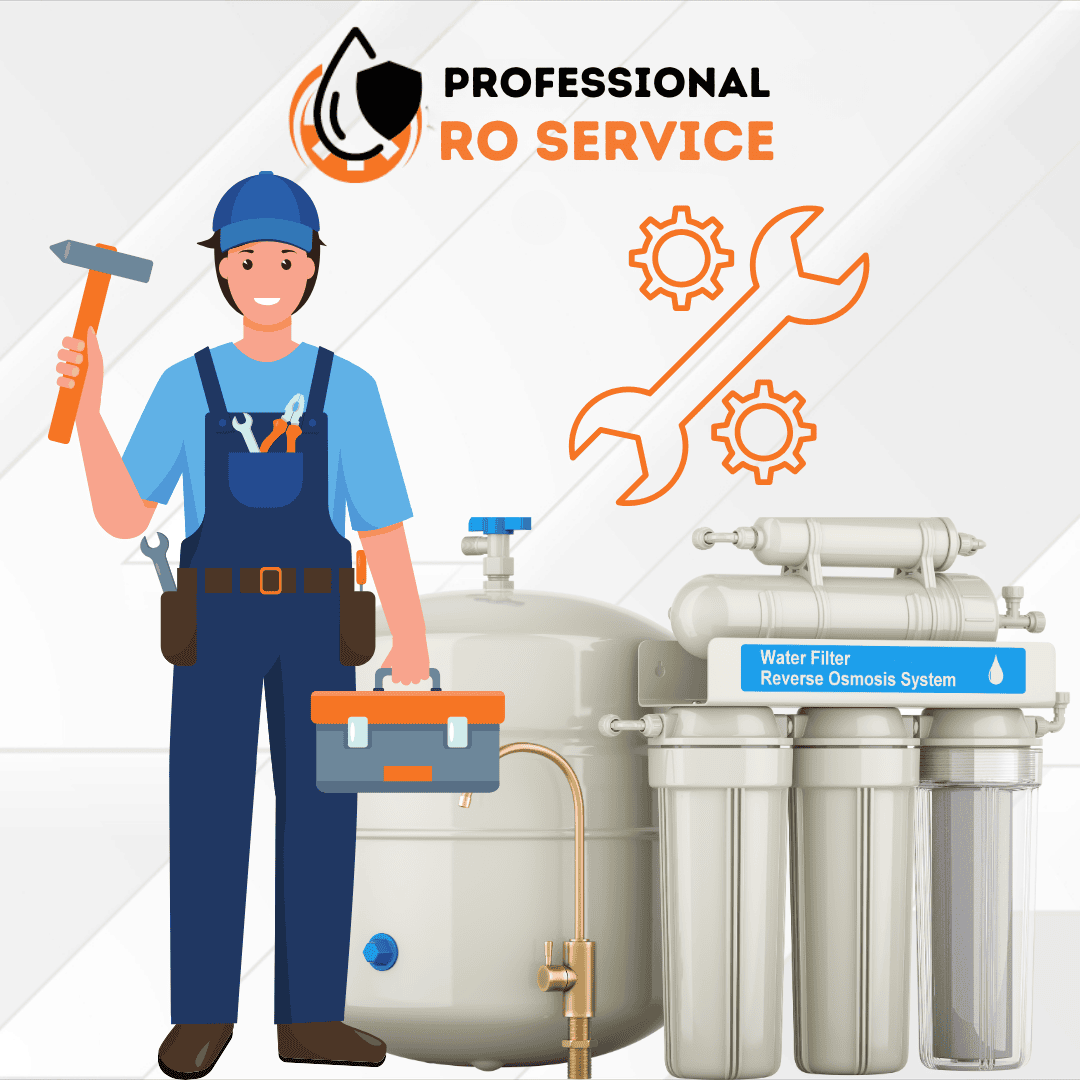Overview of RO Plant Maintenance Tips
Reverse Osmosis (RO) plants are essential for providing clean and safe drinking water, removing impurities and contaminants that can affect health and taste. However, the long-term performance and effectiveness of your RO plant depend heavily on proper maintenance. Neglecting regular upkeep can lead to reduced water quality, decreased efficiency, costly repairs, and even complete system failure. This comprehensive guide provides valuable insights into RO plant maintenance, covering cleaning schedules, filter replacements, troubleshooting common issues, and other essential tips to ensure your RO plant provides pure water for years to come.
Why is Regular RO Plant Maintenance Crucial?
Regular maintenance is not merely about keeping your RO plant clean; it's about ensuring its longevity, efficiency, and the quality of the water it produces. Here's why it's so important:
Maintains Water Quality: Regular maintenance, especially timely filter replacements, ensures the RO plant effectively removes contaminants, providing consistently pure and safe drinking water.
Extends System Lifespan: Proper care and maintenance significantly extend the life of your RO plant. Addressing minor issues promptly prevents them from escalating into major problems, saving you money on costly repairs or premature replacement.
Optimizes Performance: Clean filters, properly functioning components, and regular servicing ensure the RO plant operates at peak efficiency, producing the optimal amount of purified water.
Reduces Energy Consumption: A well-maintained RO plant operates more efficiently, consuming less energy. This translates to lower electricity bills and a reduced environmental footprint.
Prevents Costly Repairs: Regular maintenance can identify potential problems early on, preventing them from causing significant damage. This proactive approach saves you money on expensive repairs down the line.
Ensures System Reliability: Regular servicing minimizes the risk of unexpected breakdowns, ensuring a continuous supply of purified water for your home or business.
Protects Your Investment: RO plants are a significant investment. Proper maintenance protects this investment and ensures you get the most out of your system.
Key Components and Their Maintenance:
Understanding the key components of your RO plant is essential for effective maintenance:
Pre-Filters (Sediment and Carbon Filters): These filters remove larger particles like sediment, dirt, and chlorine from the water before it reaches the RO membrane. They should be replaced every 3-6 months, depending on water quality and usage.
RO Membrane: The heart of the RO system, the membrane removes dissolved impurities, heavy metals, and other contaminants. It typically needs replacement every 6 months, but this can vary.
Post-Filter (Polishing Filter): This filter further refines the water, improving taste and odor. It usually needs replacement every 3-6 months.
Storage Tank: The storage tank holds the purified water. It should be sanitized periodically to prevent bacterial growth.
Pump (if applicable): Some RO systems use a booster pump to increase water pressure. Check the pump regularly for leaks or unusual noises.
Fittings and Tubing: Inspect fittings and tubing for leaks or damage. Ensure they are securely connected.
Regular Maintenance Schedule:

A consistent maintenance schedule is crucial for long-term RO plant performance. Here's a general guideline:
Every 3-6 Months: Replace pre-filters (sediment and carbon filters). Inspect fittings and tubing for leaks.
Every 3-6 Months: Replace post-filter (polishing filter). Sanitize the storage tank.
Every 6 Months: Replace RO membrane. Have a professional technician inspect the system.
Annually: Professional servicing is highly recommended. A technician can perform a comprehensive check of all components, including the pump, membrane, and electrical connections.
Troubleshooting Common RO Plant Issues:

Even with regular maintenance, you may encounter some common RO plant problems. Here are some troubleshooting tips:
Low Water Pressure: Check for clogged filters, leaks, or a malfunctioning pump.
Poor Water Quality: Replace filters as needed. If the problem persists, the RO membrane may need replacement.
Unusual Noises: Check the pump for any issues. Inspect other components for loose connections or damage.
Slow Water Production: This could be due to clogged filters, a faulty pump, or a problem with the RO membrane.
Leaks: Check all fittings and tubing for leaks. Tighten connections or replace damaged parts.
Strange Taste or Odor: Replace filters. Sanitize the storage tank.
Tips for Maximizing RO Plant Lifespan:
In addition to regular maintenance, here are some tips to maximize the lifespan of your RO plant:
Use High-Quality Filters: Investing in high-quality filters ensures better performance and longevity.
Monitor Water Quality: Regularly test the purified water to ensure it meets your standards.
Protect the System: Install the RO plant in a clean and dry location, away from direct sunlight and extreme temperatures.
Follow Manufacturer's Instructions: Always adhere to the manufacturer's recommendations for maintenance and filter replacements.
Keep Maintenance Records: Maintain a record of all maintenance activities, including filter replacements and professional servicing.

Professional RO Plant Services:
While some maintenance tasks can be performed by homeowners, it's highly recommended to schedule professional servicing at least annually. A qualified technician can:
- Perform a thorough inspection of all components.
- Identify and address potential problems.
- Optimize system performance.
- Provide expert advice on maintenance and troubleshooting
Conclusion:
RO plants provide a vital source of clean and safe drinking water. Proper maintenance is essential for ensuring the long-term performance, efficiency, and reliability of your RO system. By following the guidelines and tips outlined in this guide, you can keep your RO plant in top condition and enjoy pure water for years to come. Don't neglect regular maintenance – it's an investment in your health and the longevity of your RO system. If you have any questions or require professional RO plant services, contact us today. We are here to help you maintain your RO plant and ensure access to the highest quality drinking water.










